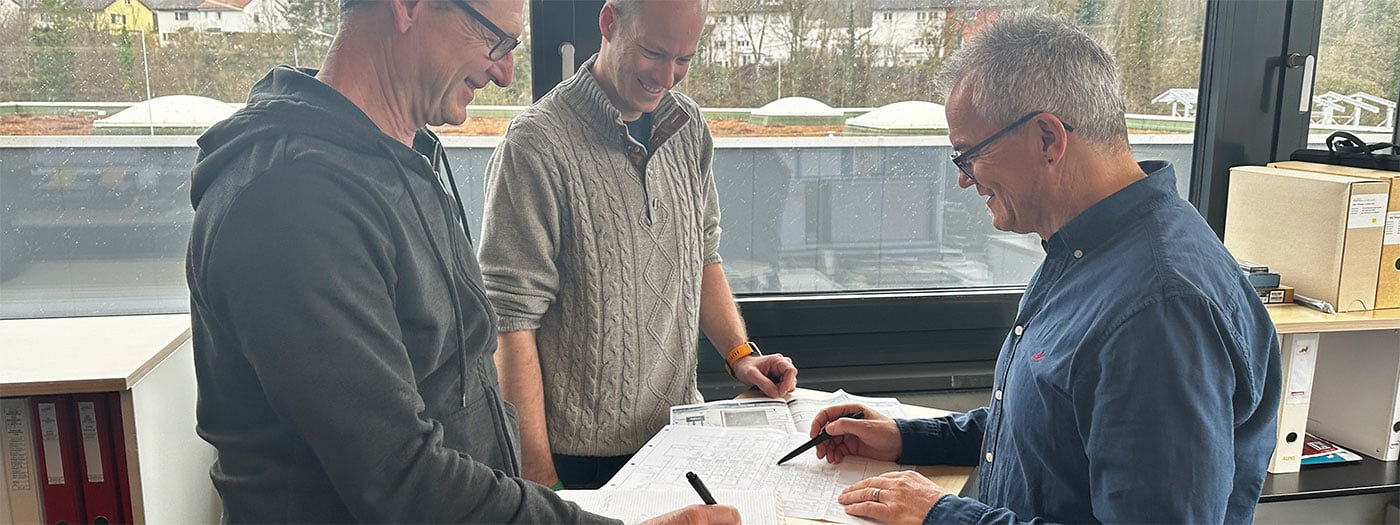
Bouygues E&S Process Automation Ltd.: An insight into the wastewater business area
In this interview, Hanspeter Hunziker provides an insight into his team, which works in the wastewater sector.
The Seeland municipality of Aarberg is home to Switzerland's largest sugar factory. Up to 10 000 tonnes of sugar beet can be processed daily on the factory site using modern technology. Until now, production has been carried out using natural gas. In order to be able to cover the seasonally high energy demand with sustainable energy, Schweizer Zucker AG founded HKW Aarberg AG together with the project partners AVAG and Terra Nova. As the owner, it is responsible for the construction and operation of the wood-fired power plant on the company premises in Aarberg.
As part of the general contractor contract for the complete electrical engineering equipment, Bouygues Energies & Services will supply the high- and medium-voltage system, the main distribution board, the control and switch cabinets, the process control technology, the ICT infrastructure and the electrical installation from a single source.
In order to provide the resources required for this project in the areas of project management, engineering, assembly, installation and commissioning, specialists from Bouygues Energies & Services are being brought in from all over Switzerland (Elektro Bern, Schaltanlagenbau Spreitenbach, Enertrans Niedergösgen, Prozessautomation Strengelbach).
The coordination of the various divisions of Bouygues Energies & Services is carried out under the leadership of project manager Matthias Egger as Single Point of Contact (SPOC). This enables optimum use to be made of in-house synergies and significantly simplifies contact and communication for the customer.
The participation in the construction of this extremely demanding project is an example of the competence of Bouygues Energies & Services in Switzerland in the provision of high-quality services and in the construction of such complex plants.
The new wood-fired power plant will cut fossil fuel consumption by 70% and ensure a sustainable supply of energy during production campaigns. The waste wood required for the operation of the power plant will be processed decentrally, resulting in CO₂ savings of around 16 000 tons per year. In addition to electrical energy, the plant supplies hot water for district heating. The wood-fired power plant feeds surplus energy and steam that is not required for sugar production into the public grid.


